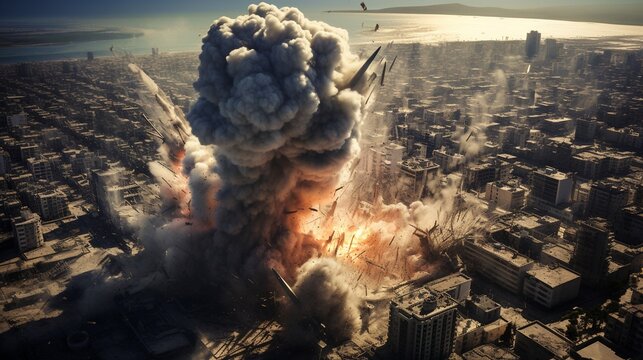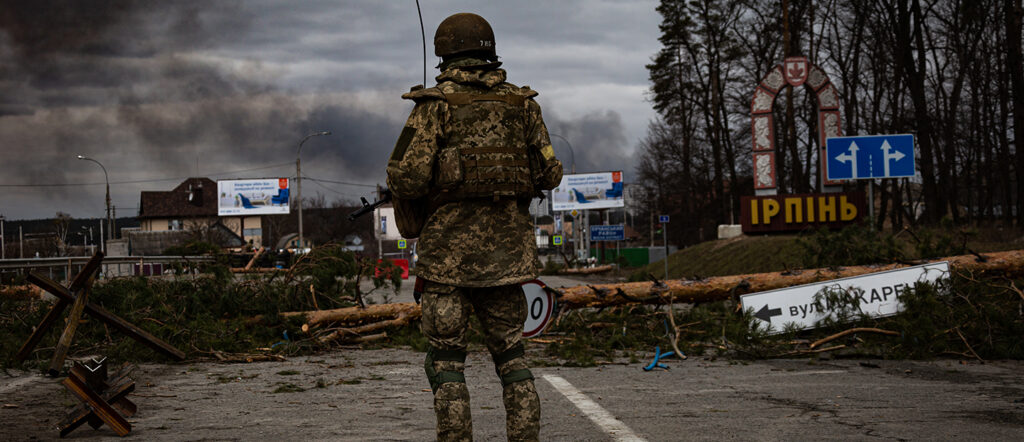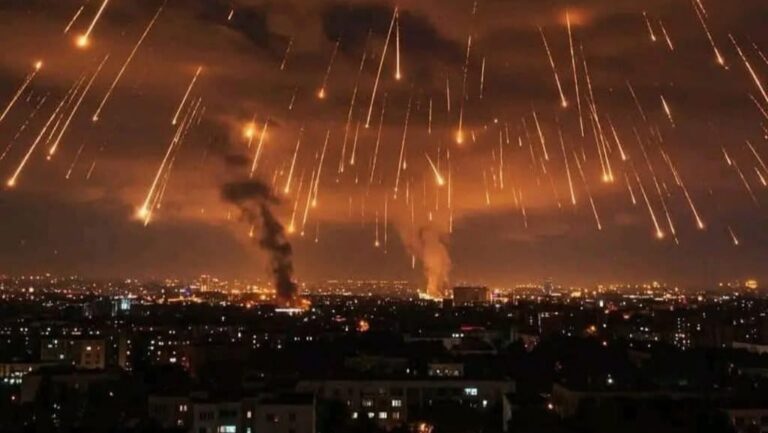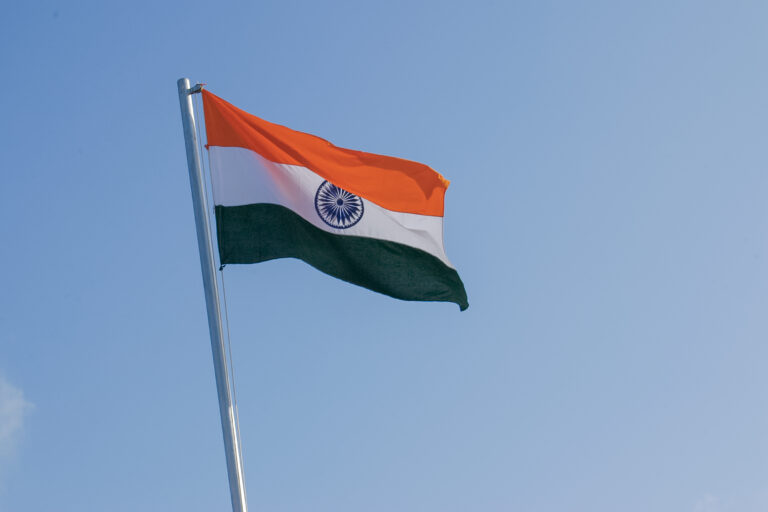
As tensions continue to rise across several regions, concerns about the potential onset of World War 3 have become more prominent. Two key conflicts Russia vs Ukraine and Israel vs Iran are intensifying, while North Korea’s growing involvement in global military activities is further complicating matters. The world watches anxiously as these regional conflicts could have the potential to spiral into a larger global confrontation.
Russia vs Ukraine
The Russia-Ukraine war began in February 2022, during one of the most brutal military invasions on the continent since World War II. In fact, though, the seeds of this conflict go as far back as Ukraine’s post-Soviet independence and has been developing in relation to its assimilation with Western states, primarily through its aspiration to join NATO. Russian President Vladimir Putin saw Ukraine’s move toward the West as a direct threat to Russia’s security and influence in the region.
Matters deteriorated from there when, in 2014, Russia annexed Crimea and pro-Russian separatists, supported by Russia, seized control over areas of eastern Ukraine, known as the Donbas region. Diplomatic efforts to calm these tensions were also unsuccessful, and full-scale invasion by Russia began in 2022. Russia states its actions are to protect Russian-speaking populations and “demilitarize” Ukraine, whereas Ukraine and its allies claim that this is a malicious act by Putin to regain dominance for Russia once again.
Despite foreign sanctions and Ukraine military aid from Western countries, the war is still on. Concern is deepening that with battlefield setbacks for Russia, it could become even more brutal and consider using nuclear weapons at some point. The fear of the war spilling out of Ukraine into international conflicts and potentially pulling in NATO and escalating into a global war is ever-present.

Israel vs Iran
The Israel-Iran conflict is another historic geopolitical conflict of mammoth strategic consequences to the world. Aggressions are caused by a mix of religious, ideological, and geopolitical factors. Iran has never supported the existence of Israel since the Iranian Revolution in 1979. Iran’s government has consistently demanded the annihilation of the Jewish State. Iran views the existence of Israel as an existential threat, primarily on two counts: its nuclear dreams, combined with its militant support for Hezbollah and Hamas.
Thirdly, Iran’s involvement in Syria by backing President Bashar al-Assad made its troops move closer to Israel’s borders and has increased the prospect of a direct confrontation with the country. As it stands, in the past few years, Israel has been heavily bombing Iranian installations in Syria in an effort to thwart the establishment of a military presence by Tehran. The situation has further deteriorated due to breakthroughs obtained by Iran in its nuclear program. Israel regards the possibility of an Iranian atomic bomb as unbearable and has repeatedly called on the international community to apply harsh sanctions and take decisive steps to hamper Iran’s nuclear programs. Conventional secret moves, such as cyber attacks and targeted killings of key Iranian scientists, have become sharper, but none of them appears to retreat. If this conflict escalates, and especially if Iran or Israel brings their allies, then it could unleash more extensive instability in the Middle East, to eventually draw in other powers and create conditions for a wider war

North Korea’s Involvement
This marks the point at which the degree of participation by North Korea in the Russia-Ukraine war has been critical and an alarming development on the global scene. It is reported that the troops from North Korea are now directly involved with the Russian forces in Ukraine, particularly in launching missile systems. As a result, this is therefore a great deviation from where North Korea had earlier been participating by merely supplying arms to the Russian forces.
North Korea, once a remote, militarized state, has long since strengthened ties with Russia-what is now even more pressing, seeing as the West has been incrementally forcing and pushing those two sides toward even closer cooperation. North Korean troops fighting on Ukraine’s front lines are not only an expression of military aid but something whereby North Korea seeks to gain combat experience and enhance its missile capabilities. Some North Korean troops reportedly killed in recent Ukrainian strikes.
North Korea’s involvement in the war raises the potential that the war can spill out from the European region. North Korea allied with Russia; the country has also been very aggressive, testing missiles more often, thus raising tensions in the East Asia region. Direct conflict between North Korea and the West, particularly between North Korea and the United States or any of its allies, will definitely bring about war at a larger level.
Conclusion: Will World War 3 Happen?
Although the present-day global wars are a serious reason for concern, they have not yet escalated to a full-scale world war. Still, at the same time, there is always an opportunity for World War 3 to occur. The wars in Ukraine, the Middle East, and particularly North Korea’s increasing involvement on military levels have already created a very unstable global situation.
The threat of a more generalized conflict remains subject to the unleashing of regional wars and the extent to which such escalated confrontation will engage other superpowers, like the United States, China, and NATO. For now, diplomacy-as well as military alliances-are able to keep these fights from spilling over; however, it remains on very thin ice.
Ultimately, though the threat of a third world war is quite valid now with global tensions heightened, most of the world’s major powers appear to be taking it with caution as well to avoid such an catastrophic scenario. The future of these wars will depend on the military and diplomatic choices taken in the coming months ahead.


